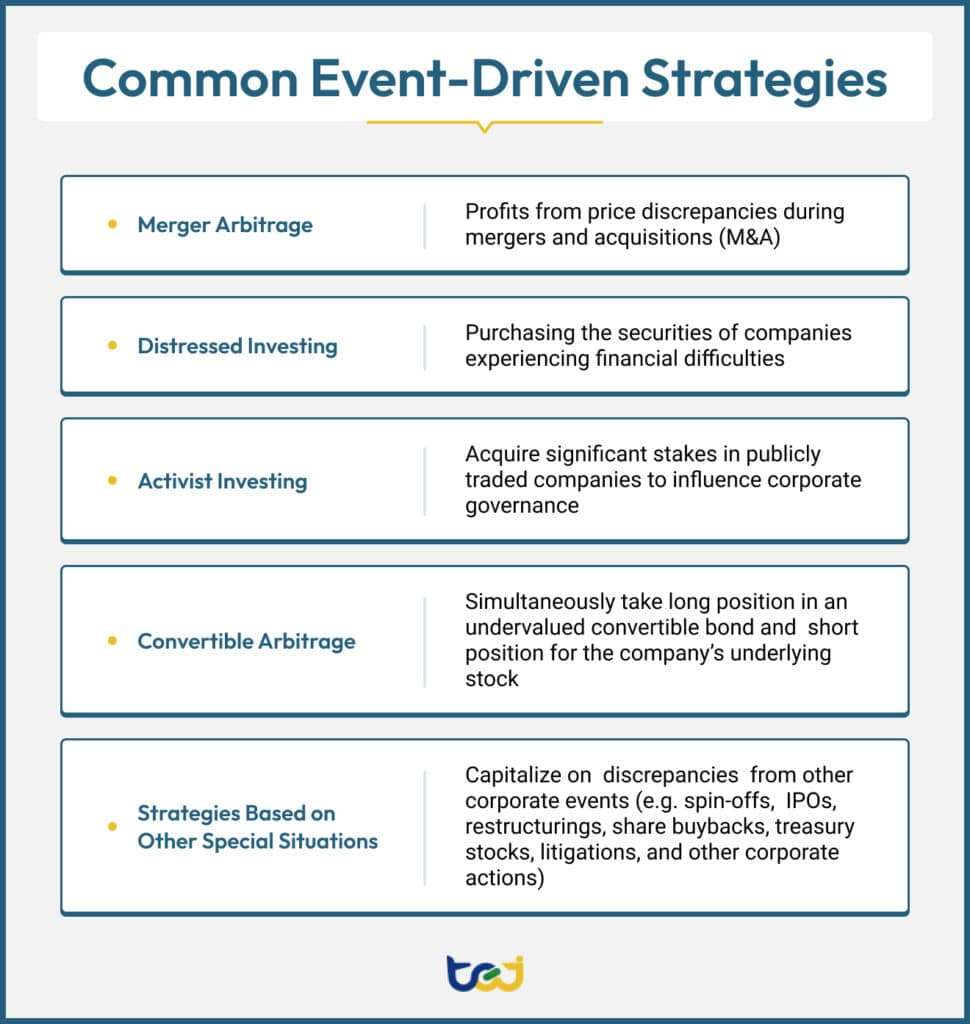The recent‚ tragic event at the hotel has undoubtedly shaken the market and instilled uncertainty. When a high-profile incident like an assassination occurs‚ it can create ripples across various sectors. Investors naturally become wary and start reassessing their portfolios. However‚ amidst the volatility‚ opportunities often emerge. The key is to understand the potential long-term impacts and identify companies that are positioned to benefit‚ or at least remain resilient‚ in the aftermath. This article explores potential investment avenues to consider following such a destabilizing event‚ moving beyond immediate knee-jerk reactions to focus on strategic‚ informed decisions.
Understanding the Immediate Impact and Long-Term Trends
The immediate aftermath of a high-profile incident often sees a decline in tourism and hospitality stocks directly linked to the affected location. However‚ this knee-jerk reaction might be short-lived. Smart investors look beyond the immediate headlines and consider the broader implications.
Short-Term Volatility vs. Long-Term Growth
While the hotel industry might experience a temporary dip‚ other sectors could see an increase in demand. For instance‚ security technology companies may see a surge in interest‚ and companies providing alternative tourism experiences (away from the immediate affected area) may benefit. It’s about identifying where money will flow to‚ not just where it’s flowing from.
Potential Investment Sectors to Consider
Here are a few sectors that might present interesting investment opportunities following a crisis:
- Security Technology: Companies specializing in surveillance‚ access control‚ and cybersecurity.
- Risk Management and Consulting: Firms offering security assessments‚ crisis management planning‚ and insurance services.
- Alternative Tourism: Companies promoting travel to less-conventional destinations or offering unique experiences away from major cities.
- Defense Industry: Depending on the nature of the event‚ defense contractors may see increased demand.
- Cybersecurity: With heightened awareness of threats‚ cybersecurity companies become increasingly important.
Comparative Analysis: Potential Investment Options
| Sector | Potential Benefits | Potential Risks | Considerations |
|---|---|---|---|
| Security Technology | Increased demand for security solutions; potential for high growth. | Highly competitive market; rapid technological advancements requiring constant innovation. | Research companies with proven track records and innovative solutions. |
| Risk Management & Consulting | Growing need for expert advice on security and crisis management. | Reliance on reputation and expertise; vulnerability to economic downturns. | Look for firms with strong industry connections and experienced consultants. |
| Alternative Tourism | Attracts travelers seeking safer and more unique experiences. | Marketing costs; dependence on specific destinations; potential for seasonality. | Focus on companies with strong branding and diverse offerings. |
| Defense Industry | Increased governmental spending on defense and security. | Subject to political and regulatory changes; ethical concerns. | Consider companies with diverse product portfolios and strong government relationships. |
| Cybersecurity | Growing demand for protection against cyber threats. | Rapid technological advancements; constantly evolving threats. | Research companies with innovative technologies and a proven track record. |
Strategic Investment Considerations
- Diversification is Key: Don’t put all your eggs in one basket. Spread your investments across different sectors and asset classes.
- Due Diligence is Crucial: Thoroughly research any company before investing‚ paying attention to their financial performance‚ management team‚ and competitive landscape.
- Consider Long-Term Trends: Focus on companies that are positioned to benefit from long-term trends‚ not just short-term reactions.
- Risk Tolerance: Assess your own risk tolerance and choose investments that align with your comfort level.
- Seek Professional Advice: Consult with a financial advisor to get personalized guidance based on your individual circumstances.
FAQ: Investing After a Crisis
Q: Is it safe to invest immediately after a crisis?
A: It depends on your risk tolerance and investment strategy. While some opportunities may emerge‚ it’s generally advisable to wait for the market to stabilize before making any major decisions.
Q: How long does it take for the market to recover after a major event?
A: Recovery times vary depending on the nature and severity of the event. Some markets may recover quickly‚ while others may take months or even years.
Q: What are some common mistakes investors make after a crisis?
A: Common mistakes include panic selling‚ chasing quick profits‚ and failing to diversify their portfolios.
Q: Should I consider investing in gold or other safe-haven assets?
A: Safe-haven assets like gold can provide a hedge against market volatility‚ but they should be part of a diversified portfolio‚ not the sole focus of your investment strategy.
Q: Where can I find reliable information about potential investments?
A: Consult with a financial advisor‚ read reputable financial publications‚ and conduct thorough research on any company before investing.
Investing after a crisis like the hotel assassination requires a calm and calculated approach. It’s essential to move beyond emotional reactions and focus on identifying sectors and companies that are poised for growth. Remember to diversify your portfolio‚ conduct thorough research‚ and seek professional advice when needed. While the immediate aftermath can be unsettling‚ it also presents opportunities for strategic investors who are willing to look beyond the headlines and focus on long-term trends. By carefully assessing the risks and rewards‚ you can navigate the market volatility and make informed decisions that align with your financial goals. Don’t let fear dictate your choices; instead‚ empower yourself with knowledge and a well-defined investment plan.





